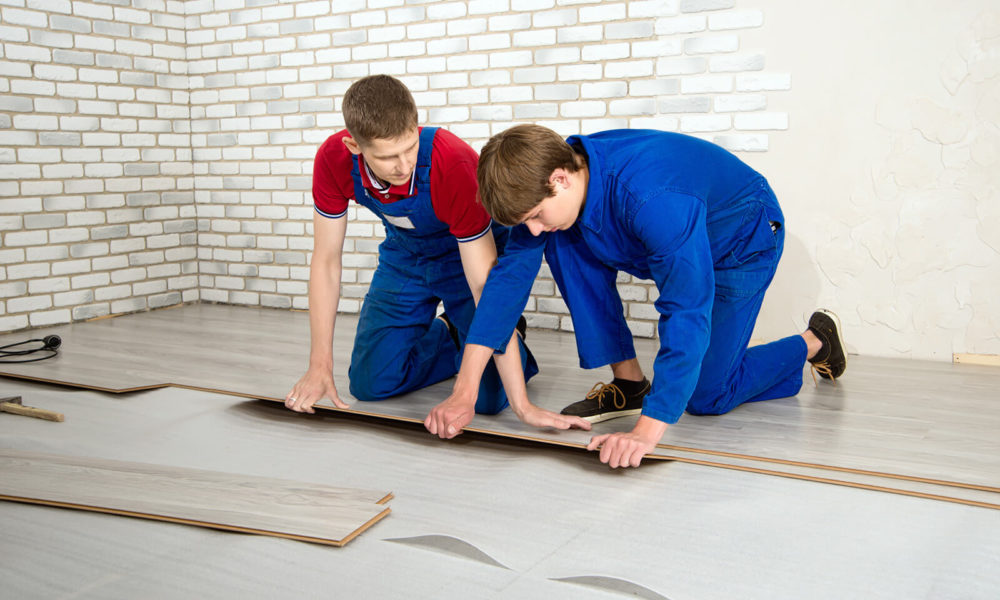Concrete floor coating is essential if you want functional and aesthetic benefits. As long as best practices are followed during the industrial floor coating installation procedure, you can enjoy their numerous advantages. An industrial floor coating will fail early or not perform to the intended level if knowledge, discipline, patience, or thoroughness are lacking. This is why you need professional concrete floor coating installers who offer garage floor, pool deck, driveway, and industrial floor coating.
Here are a few key practices professionals follow when applying an industrial floor coating to ensure optimal performance for your floor.
Start with a clear floor
Applying floor coating around stationary items is generally not a good idea; however, it can be limited to a certain area of a room or building. Premature failure of the coating or the underlying concrete can occur at more edge locations when the coating avoids impediments. Floor coating experts will recommend that site owners remove all structures, equipment, and other impediments that they can.
Ensure the floor is fully clear of unwanted stuff
The purpose of industrial floor coatings is to form a solid connection with porous, uneven concrete surfaces. The bond will either not form at all or will weakly form if there is an existing layer or contamination. When you decide to overcoat an existing coating for your application, professionals will ensure that the new coating is compatible with the old one and that the old coating has been surface-prepped per the coating manufacturer’s advice.
A clean floor equals a strong coating
Like the previous point, impurities such as dirt, grease, and oils can seep through the concrete’s surface and lead to bond failure. Before beginning the priming procedure and even before surface preparation, concrete floor coating installerswill ensure that all contaminants and existing coatings are eliminated.
A pollutant may be driven deeper into the surface or dispersed to other uncontaminated areas during surface preparation if it is present and has not been eliminated or neutralized beforehand. Professionals enhance the surface quality by using various methods.
The surface must be relatively even
Applying industrial floor coatings involves preparing the ground to encourage bonding. So, other irregularities need to be addressed to prevent them from impairing the conditions necessary for a robust, long-lasting connection. Cracks should be sealed, and the surface should be nearly flat to avoid problems like ripples or pools.
Site owners may need to resurface their concrete flooring if the substrate is cracking since weak concrete might cause a similar issue. Should this not be the case, spalling may occur as the covering bond becomes more robust than the concrete itself.
Humidity and extreme temperatures are your enemies
Unbeknownst to most, concrete holds moisture more easily—especially in humid regions. Dried-out sections could need drying machinery, or at the very least, a steady temperature, before coating.
While extremes in temperature can cause significant delays in the curing process, they may not have as much of an impact on the bonding process as humidity. Temporary solutions may be needed at locations without air conditioning to maintain the perfect temperature for curing.
Final thoughts
Instead of attempting uninformed floor coating on your own, work with professional concrete floor coating installersto coat your driveways, garages, and industrial floors efficiently.




